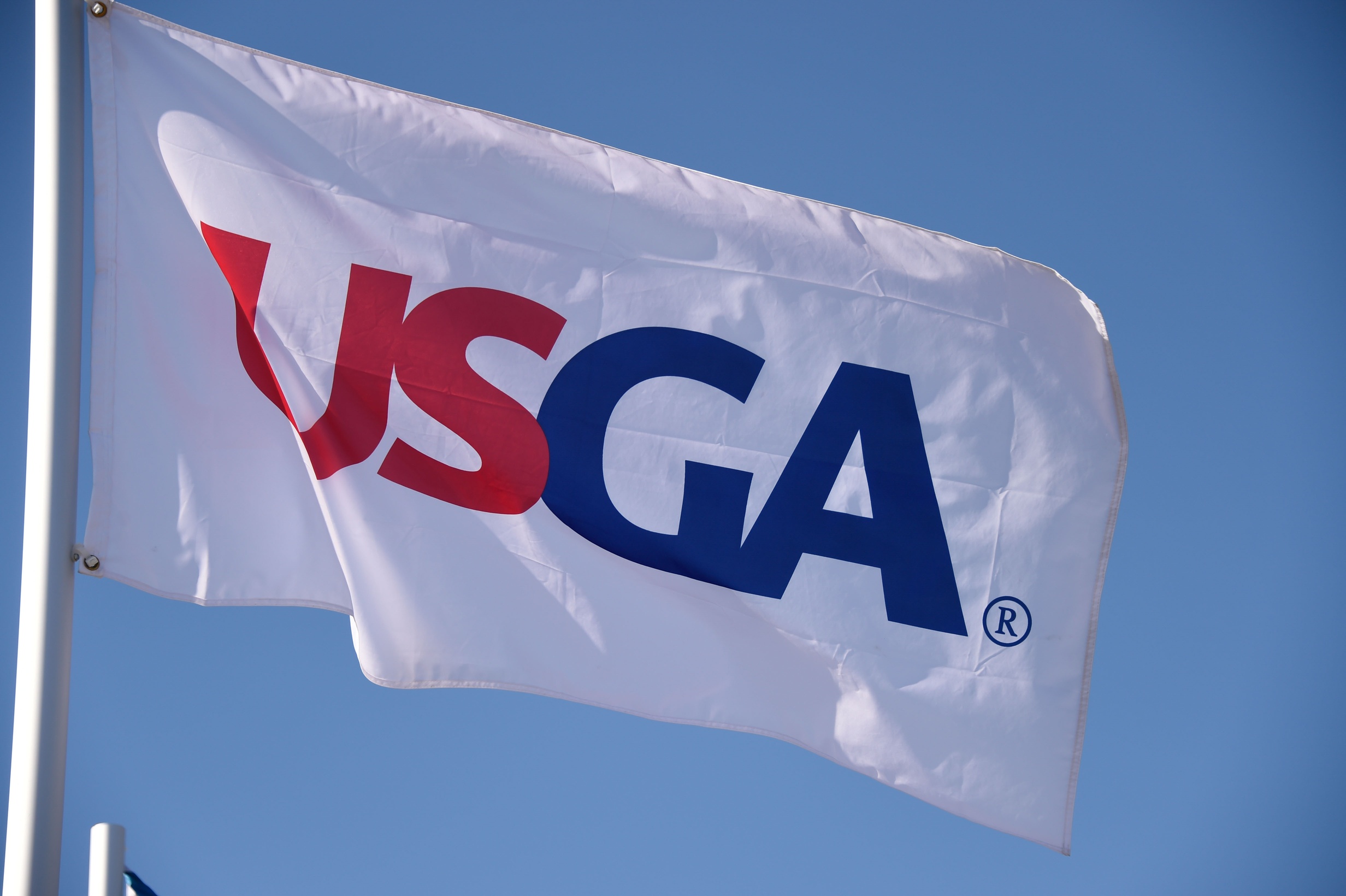The USGA will not be looking back at the summer of 2016 with fondness. After bungling a penalty to eventual champ Dustin Johnson in the men’s U.S. Open, the USGA messed up again. This time, U.S. Women’s Open runner up Anna Nordqvist was the victim.
But before we get into what was done wrong, let’s talk about the USGA got right. Don’t worry, it won’t take long.
Unlike Johnson, the penalty applied to Nordqvist was unquestionably the right call. Yes, it seems ticky-tack. Nordqvist clearly didn’t intend to ground her club and obviously gained no advantage. But every golfer knows that the club can not be grounded in the bunker. Nordqvist did it, and in this circumstance, the two-stroke penalty was correct.
https://twitter.com/CauldronICYMI/status/752295811292299264
Unfortunately, the USGA can’t honestly claim that they got anything else right.
What really should have happened here was a stoppage of play until the matter could be resolved. As soon as the officials were notified of the potential infraction, they should have halted Nordqvist and her competitor, Brittany Lang. In the men’s tournament, this was not an option. That was in the middle of the tournament, and halting Johnson would have also meant halting his partner, the group behind and possibly the groups in front. That’s impractical at any time, especially for a tournament battling darkness.
In this case, Nordqvist and Lang were in the midst of a three-hole playoff,, and as such were the only golfers remaining. There was also plenty of daylight remaining. Stopping play to get the situation resolved would have been possible and entirely reasonable.
That didn’t happen.
Nordqvist and Lang thought they were tied and played the third and final hole essentially even with each other. Both women missed the fairway and were forced to lay up on their second shots. Nordqvist hit her third shot and was then notified of the penalty. Again, ideally, play would have been stopped. But once that didn’t happen, the USGA notified Nordqvist as fast as they could. That was not its mistake.
No, the mistake was also telling Lang as soon as possible.
As soon as Nordqvist was notified, the officials went over to Land to tell her of the penalty. As such, Lang hit her third shot knowing she had a two-stroke lead. Nordqvist hit her third shot with no knowledge of a pending two-stroke deficit.
That gave Lang a tremendous advantage. She got to completely avoid the water, play to the center of the green, and two-putt for the win. Nordqvist also took a conservative line on her third shot, but did so thinking the tournament was tied.
If Nordqvist knew that she was two shots behind, she certainly would have gone at the flag. She might have put the ball in the water and made it even easier on Lang. But, Nordqvist also could have holed her third shot, or at least knocked it close and made a birdie-bogey exchange possible.
At the very least, officials should have waited until Lang hit her third shot to tell her about the penalty. Two two played the hole essentially even with each other. Why not let them each hit the third shot with the same knowledge (or lack of knowledge)?
For the second time in less than a month, we’re exiting a USGA flagship event talking about how it was governed. Were not talking about Brittany Lang’s win. We’re not talking about Nordqvist’s brilliant final-round 67 to force the playoff. Heck, we’re really not even talking about the penalty. We’re talking about the way it was enforced.
Talk to a professional referee or umpire sport and ask him/her what the ideal outcome would be for them as individuals. The nearly unanimous response would be something like “A result where nobody is talking about me.” The athletes want the spotlight. The officials want nothing close to that.
An often heard slogan of the USGA is “For the good of the game.” This does nothing to help the game.
In addition to being majors, these are showcase events.
In an ideal world, kids should be watching these tournaments, see what the golfers did and want to emulate it. It’s what they do in every sport. But for that to happen, the sport itself (in this case, golf) needs to be the narrative. When the officials become talking points, that doesn’t happen.
For the second time in 2016, the USGA has messed up the way it handled a massive event. It can’t happen again in 2017.

